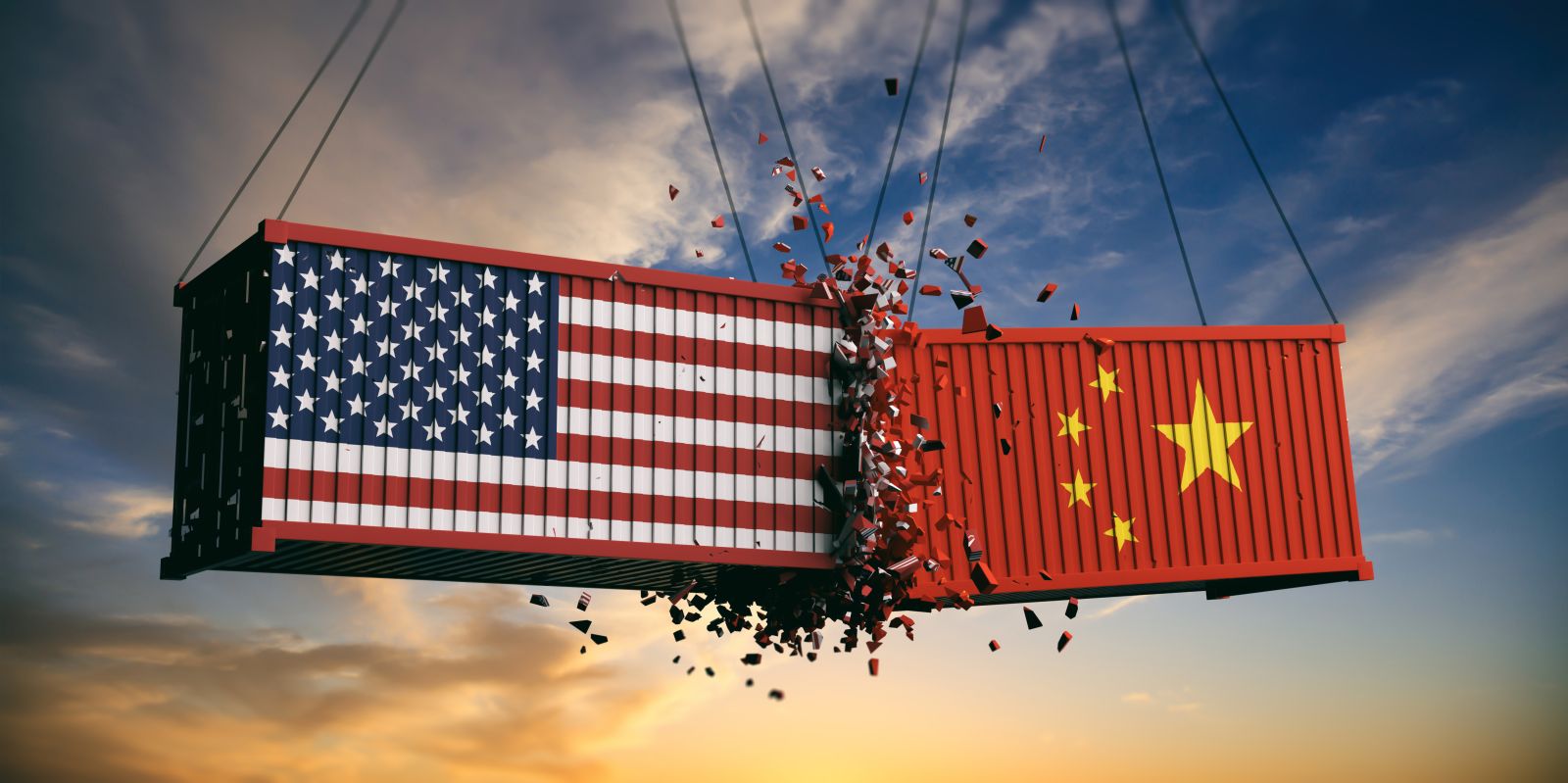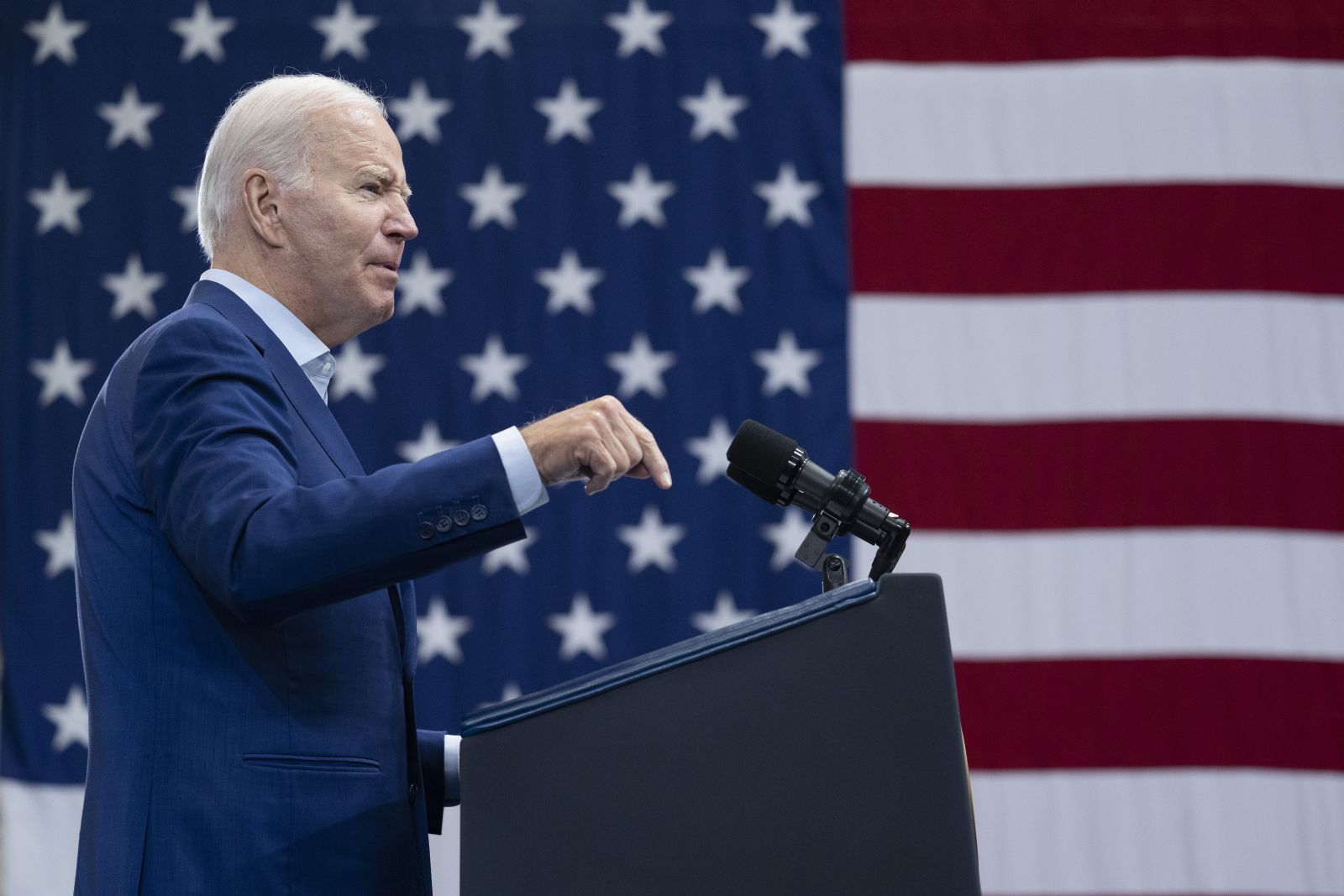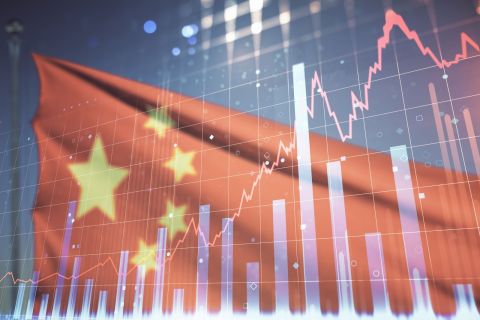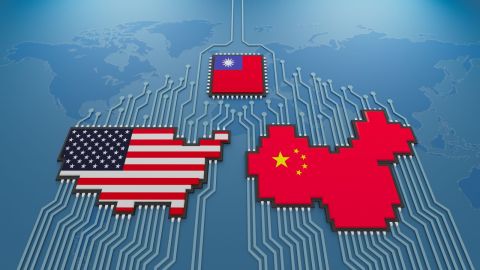ALBAWABA – China will “safeguard” its interests against new United States (US) policy on sensitive high-tech American investment in China, Beijing said Thursday as the China-US tech war escalates.
US President Joe Biden, on Wednesday, issued an executive order restricting US investment in sensitive high-tech sectors in China.
In response, China's foreign ministry blasted Biden’s move as an attempt to "engage in anti-globalisation and de-sinicisation".
The minister warned that China would "resolutely safeguard its own rights and interests", as reported by Agence France-Presse (AFP)

Biden’s executive order specifically directs the Treasury Department to restrict certain US investments in China’s semiconductors, quantum computing and artificial intelligence sectors.
"Beijing is strongly dissatisfied and firmly opposes the United States' insistence on introducing restrictions on investment in China, and has lodged solemn representations with the United States," an unnamed foreign ministry spokesman said in a statement published online.
The order is expected to be limited to Chinese start-ups and larger firms that get over 50 percent of their revenue from the restricted sectors, according to Bloomberg.
More so, Biden's executive order "seriously deviates from the market economy and fair competition principles the US has always promoted, and affects companies' normal operation decisions, damages the international trade order, and severely disrupts the security of global industrial and supply chains", the Chinese commerce ministry said in a separate statement.
"China expresses serious concern about this and reserves the right to take measures," the commerce ministry said, without specifying said measures, or countermeasures.
The restrictions, which are expected to come into effect in 2024, come as Biden's administration looks to bolster its position vis-a-vis China on the military, economic and technological frontiers.
Biden enacted the US chips act earlier this year, which entails multiple programs to support the industry.
America has been working on a plan to boost local semiconductor and chipmaking sectors with funding and subsidies, and has launched the first such program in June, as the China-US tech war escalates.
Meanwhile, Chinese internet giants Alibaba, Baidu, Bytedance and Tencent have ordered $5 billion worth of chips from California-based Nvidia. These chips are vital to powering generative artificial intelligence systems, as fears mount the US will begin restricting exports, according to a Financial Times report.
Program to curb investment, fill gaps as China-US tech war escalates
"The commitment of the United States to open investment is a cornerstone of our economic policy and provides the United States with substantial benefits," Biden said in a letter to Congressional leaders announcing the executive order.
Yet, this did not stop the White House from issuing said restrictions.
"However, certain United States investments may accelerate and increase the success of the development of sensitive technologies and products in countries that develop them to counter United States and allied capabilities," Biden noted.

The program is set to prohibit new private equity, venture capital and joint venture investments in advanced semiconductors and some quantum information technologies in China, according to the Treasury Department, as the China-US tech war escalates.
It also includes an outbound investment scheme to fill gaps in the industry’s supply chain.
"The outbound investment program will fill a critical gap in the United States' national security toolkit," a senior government official told AFP on condition of anonymity.
"What we're talking about is a narrow and thoughtful approach as we seek to prevent (China) from obtaining and using the most advanced technologies to promote military modernization and undermining US national security."
However, this will not be the end of measures to tighten scrutiny of American investments in China, according to Reuters’ analysts.
Congress may introduce legislation that would expand on Biden's restrictions, Weiheng Chen, senior partner and head of Greater China practice at law firm Wilson Sonsini, highlighted to Reuters.
Soon after Biden announced his order, congressional Republicans immediately criticised it as not going far enough.









